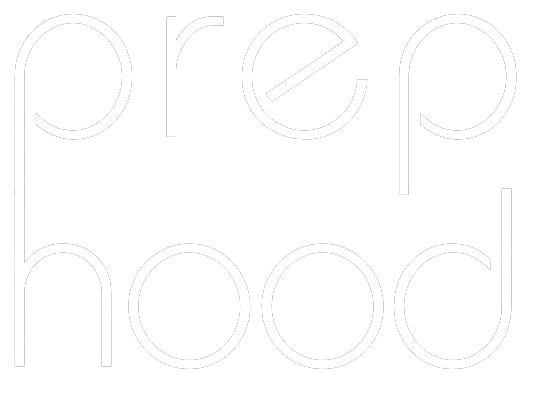So, you’re polishing up your resume, trying to make it shine like a diamond in the rough. You’ve got your work experience, your education, and your skills listed out like a grocery list. But wait – what about your hobbies? Are they just frivolous pastimes, or could they actually play a valuable role in your job search journey? Let’s dive in and uncover the hidden gem that is the role of hobbies in your job resume.
1. Adding Personality: Painting a Vivid Picture of You
Think of your resume as a canvas, and your hobbies as the brushstrokes that add color and depth to the portrait of who you are. Sure, your work experience and skills are important, but they only tell part of the story. Your hobbies, on the other hand, reveal your passions, interests, and values. They give potential employers a glimpse into the real you behind the professional façade. Whether you’re an avid hiker, a passionate baker, or a die-hard board game enthusiast, your hobbies add personality to your resume. They make you stand out from the crowd.
2. Showcasing Transferable Skills: More Than Just Fun and Games
Believe it or not, your hobbies can actually showcase a range of transferable skills that are relevant to the workplace. Take gardening, for example – it may seem like just a leisure activity. But it actually requires patience, attention to detail, and problem-solving skills. Or consider playing musical instruments – it not only demonstrates creativity and discipline. It is also the ability to work collaboratively in a band or orchestra. Hobbies help you build self confidence and also nurture a growth mindset. By highlighting your hobbies on your resume, you’re not just showing off your fun side. You’re also showcasing valuable skills that could make you a desirable candidate for the job.

3. Building Connections: Finding Common Ground with Employers
Imagine you’re in a job interview, nervously trying to make a connection with the interviewer. Suddenly, you mention your love for hiking, and their eyes light up – turns out, they’re an avid hiker too! Suddenly, the conversation flows more easily, and you find common ground beyond the typical interview questions. This is the power of hobbies – they can act as conversation starters and icebreakers. They help you forge connections with potential employers. By including your hobbies on your resume, you’re opening the door to deeper connections and rapport-building opportunities that could set you apart from other candidates.
4. Demonstrating Well-Roundedness: Balancing Work and Play
Employers aren’t just looking for candidates who excel in their professional lives – they also value individuals who lead well-rounded lives outside of work. Your hobbies can demonstrate that you’re not just a one-dimensional worker bee, but a multi-faceted individual with diverse interests and experiences. Moreover, hobbies develop your emotional intelligence. Whether you’re volunteering at a local animal shelter, participating in community theater productions, or competing in triathlons, your hobbies show that you’re someone who knows how to balance work and play, and that’s a valuable trait in any employee.

5. Adding Depth to Your Story: Crafting a Narrative of You
At the end of the day, your resume is more than just a laundry list of qualifications – it’s a story, and you’re the protagonist. Your hobbies add depth and richness to that story, helping to paint a more complete picture of who you are as a person. They show that you’re not just a robot programmed to work – you’re a human being with passions, interests, and quirks that make you unique. So, don’t be afraid to let your hobbies shine on your resume – after all, they could be the secret ingredient that lands you your dream job.
So, what did we learn?
In conclusion, hobbies play a valuable role in your job resume, adding personality, showcasing transferable skills, building connections, demonstrating well-roundedness, and adding depth to your story. Not mentioning hobbies in your resume can one of the common resume mistakes you can make. So, don’t underestimate the power of your hobbies – they could be the key to unlocking new opportunities and taking your career to the next level.

